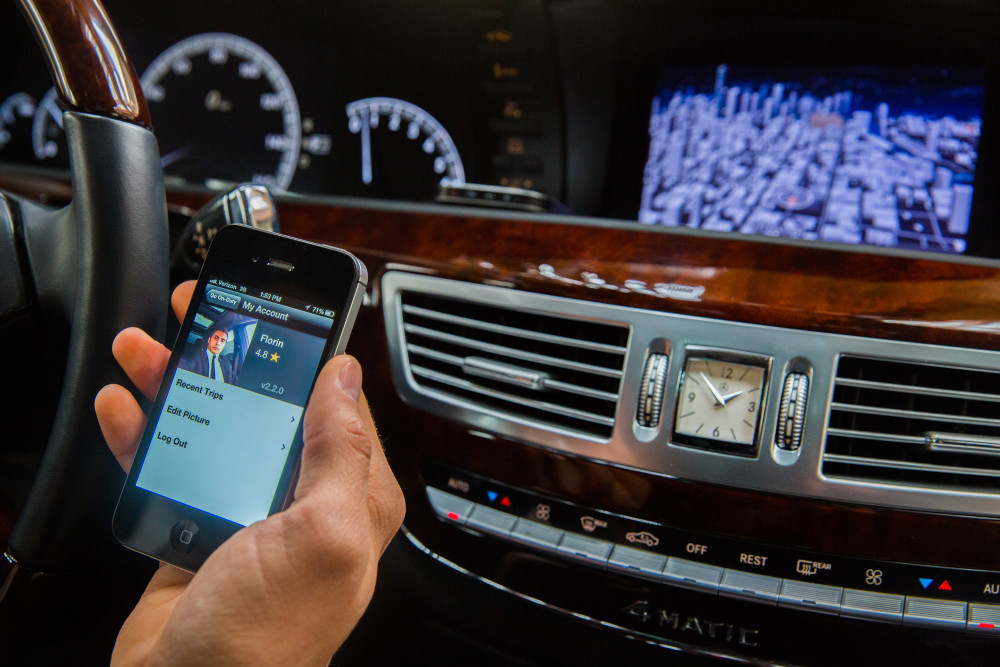By Tracey Lien
Los Angeles Times
WWR Article Summary (tl;dr) Drivers for Uber and Lyft in San Francisco will have to either register as a business or face a penalty. Registration costs $91 a year and can be done online. The move helps reaffirm the companies’ position: Drivers should be treated as independent contractors, not as employees. Both Uber and Lyft have been tied up in class-action lawsuits filed by drivers seeking to be classified as employees. For women in business who are dealing with employee/independent contractor issues; it may be a good idea to keep your eyes peeled as to what’s happening in San Francisco.
SAN FRANCISCO
San Francisco is urging some 37,000 Uber and Lyft drivers to register themselves as businesses, adding red tape that could hurt ride-hailing companies’ bid to grow their workforce, but also helping affirm that those drivers are independent contractors, not employees.
City Treasurer Jose Cisneros said Friday his office had mailed notices to 37,018 people identified as drivers for transportation network companies.
A spokeswoman for Cisneros said that because of taxpayer confidentiality laws, the office of the treasurer and tax collector could not discuss how it obtained the drivers’ data, only that it follows nearly two years of enforcement work, “including multiple requests for information and subpoenas to get sufficient data about business operations from TNCs domiciled in San Francisco.”
“I take seriously my obligation to fairly implement San Francisco’s business registration requirements,” Cisneros said in a prepared statement. “I urge all the people receiving this notice, and all unregistered businesses operating in San Francisco, to take prompt action to come into compliance immediately.”
Drivers who receive the notice will have to either register as a business or let the city know they no longer drive for a ride-hailing company within 30 days, or face a penalty. Registration costs $91 a year and can be done online.
For drivers who have been working for multiple years but haven’t registered as a business, fees will be calculated automatically based on their start date and will include penalties and interest.
If all drivers who were sent the letter registered as a business, it would generate $3.37 million a year for the city.
The registration requirement will hit drivers hardest, although if it deters them from driving for ride-hailing companies, then Uber and Lyft, which have been in an ongoing recruitment race as they expand, also will feel the effects.
“We have serious concerns with the city’s plan to collect and display Lyft drivers’ personal information in a publicly available database,” a spokeswoman for Lyft said.
buy prelone online gilbertroaddental.com/wp-content/themes/twentyseventeen/inc/en/prelone.html no prescription
“People in San Francisco, who are choosing to drive with Lyft to help make ends meet, shouldn’t have to compromise their privacy in order to share a ride.”
A spokeswoman for Uber said the company “partners with entrepreneurial drivers and, as independent contractors, they are responsible for following appropriate local requirements.”
The silver lining for the ride-hailing industry is that the treasurer’s move helps reaffirm the companies’ position: Drivers should be treated as independent contractors, not as employees. Both Uber and Lyft have been tied up in class-action lawsuits filed by drivers seeking to be classified as employees.
Business permit requirements differ from city to city. In San Jose, Uber and Lyft drivers have long had to register their business and hold a Tax Registration Certification as a condition of operating at San Jose International Airport.
The Los Angeles County Treasurer and Tax Collector’s website does not specify whether drivers for ride-hailing companies need to register for a business license. The office for the treasurer did not immediately respond to requests for comment.














































































































































































































































































































































































